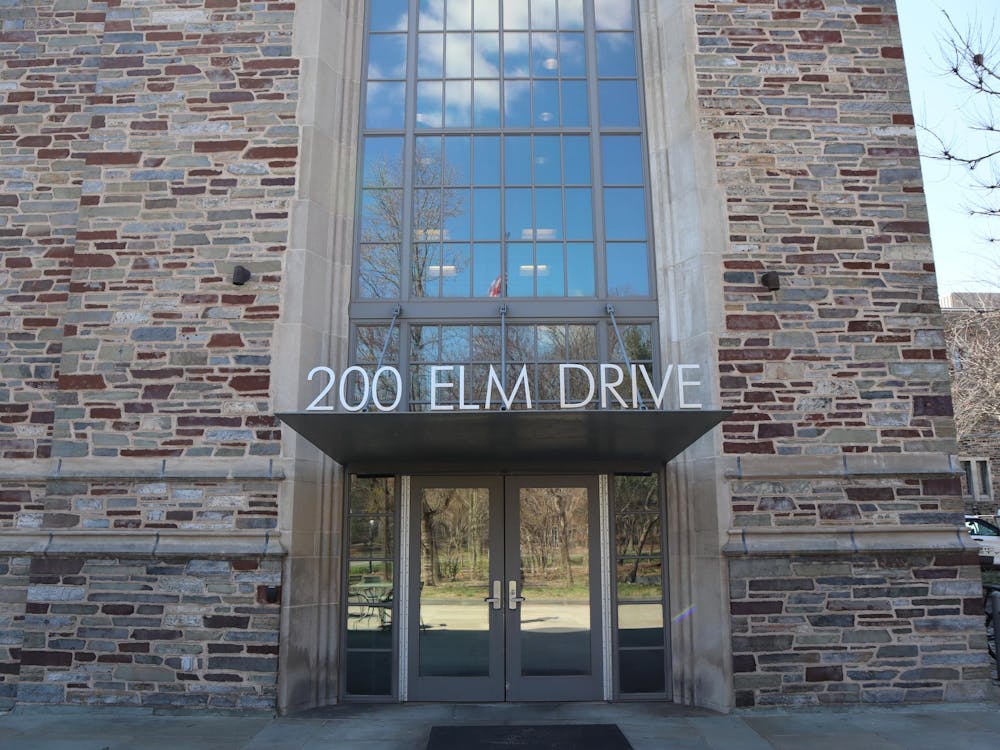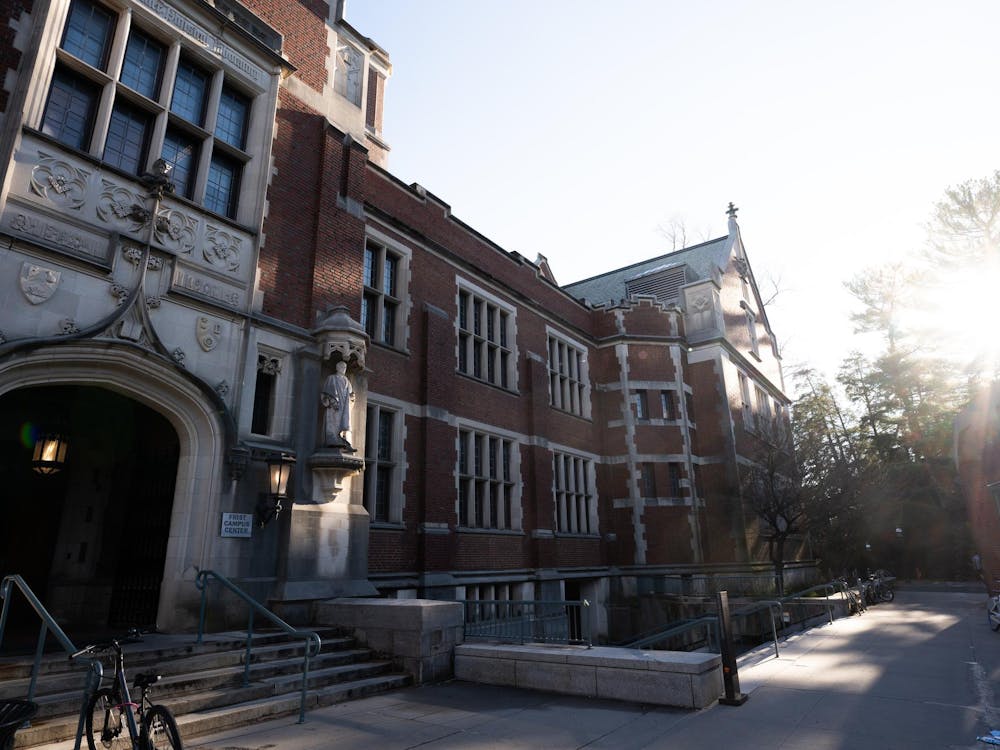Most first-year students are aware of the three most common options for orientation experiences — Outdoor Action, Community Action, and on-campus programming for in-season athletes. This year, however, a little-known fourth option was added.
This September, 40 first-year students participated in Dialogue and Difference in Action, a pilot pre-orientation program that focuses on identity and inclusivity. Dwarfed in size by the OA and CA programs, which involve 600 students each, DDA provided participants a unique look at critical global issues.
DDA attempted to introduce students to new ways of critically thinking about issues of diversity, privilege, and difference, both in the University community and in the world at large. The program was hosted at the Garrison Institute, a meditation center in Garrison, N.Y. whose stated mission is to “cultivate caring, insight and courage in individuals, as well as shifts in collective values and worldviews needed to achieve positive social change.”
A typical day on DDA included a large group discussion — often with all 40 first-year students and the eight leaders tackling a specific issue — followed by smaller group discourses of eight or ten students each. At night, students took a break from the heavier topics of the day and got to know each other through ice-breaker games and casual activities. Unlike many Outdoor Action participants, who went the entire duration of their trip without taking a shower or sleeping in a bed, DDA participants were able to meditate on issues of global importance while enjoying modern comforts.
Nora Aguiar ’21, one of the first-year students who took part in DDA, said that the intimate, isolated setting helped program participants “[focus] on the people we were with and what we were doing.”
“If you’re at all passionate about equality or social justice or that kind of work in any way, then I definitely think that DDA is the place for you,” said DDA participant Nick Jain ’21. “Even if you just want to learn about certain topics that you may not have background knowledge on, especially with regards to identity, that might be a really good place for you as well.”
Like students who went on CA and OA trips, DDA participants completed orientation surveys on Your Path to Princeton, the matriculation website. Students were selected for DDA based on an interest in social justice. While this approach ensured that all students included were invested in the subject material, it may have inadvertently shaped a group which lacked diverse interests and priorities.
“I think that a lot of times it can be interesting to learn about subjects that you’re not necessarily as interested in. To kind of create a community in Princeton that prioritizes the ideals that DDA values, it might be beneficial in the future to have people that don’t necessarily already prioritize them,” Jain said.
A common tactic among incoming first-year students who are knowledgeable about what each orientation program entails is to answer the orientation survey questions in a manner consistent with the constraints of their preferred experience. To this end, students familiar with the new DDA option but uninterested in participating attempted to frame their answers on the questionnaire in a manner they felt would be antithetical to DDA’s mission. “I remember selecting options to not be placed in an activity with similar topics discussed in DDA,” said Daniel Bracho ’21, who briefly participated in DDA before transferring to CA.
The program’s progressive outlook proved a bit of a culture shock to some. Bracho found DDA “far [more] politically correct [than] what I’m used to — I’m an international student from Venezuela and therefore introducing myself with pronouns, et cetera, was somewhat uncomfortable.” Still, Bracho noted the friendliness of all trip participants and the welcoming environment DDA provided.
In addition to educating the first-year students about social issues, DDA facilitated friendships between participants. “Probably my closest friends at Princeton so far are people that I met at DDA,” Jain said.
Still, Jain believes that there is room for improvement. “Having people that don’t necessarily already care about social justice and equality being a part of the program would make the results of the program more beneficial,” he said. Similarly, Aguiar discussed the need for a larger program “so more people could get involved.”









